But over a decade ago, YouTube wasn't what it is today. In 2005, YouTube was a dating site. If you're looking to make some big changes, check out our quick guide to branding. 7 Websites That Used to Be Something Completely Different 1) Amazon Before: Founder Jeff Bezos is said to have chosen books from his list of 20 products he thought would sell online, because they were the lowest-cost and most universally-demanded. Original entertainment programing. 4) YouTube Founded: 2005 Original model: "The first online community site that allows members to post and share personal videos." Current model: Members can do more than ask questions and start conversations -- they can post original content on Inbound.org. 6) BuzzFeed Founded: 2006 It seems like BuzzFeed has really earned a name for itself in the realm of listicles, like "6 Items That Totally Overreact To Being Microwaved," and other light -- but fun -- content, like quizzes to determine how many marriages you'll have, based on your favorite cheese. Affordability is no longer emphasized to travelers -- listings are available for as much as $4,000 a night. Things change.

Once upon a time, back in 2005, there lived on the internet a website called YouTube. It’s a name that, today, many people recognize as a video-sharing website — and much more — that’s owned by Google. But over a decade ago, YouTube wasn’t what it is today. In 2005, YouTube was a dating site.
Yes, you read that correctly. YouTube began as a dating site.
It’s something that the co-founders have discussed in interviews, but the rest of us rarely do. Since the late 90s, how many websites have transformed into something completely different from what they originally set out to be?
As it turns out, many of our most beloved destination sites — some of which we frequently write about and are essential to marketers — were borderline unrecognizable when they first launched. What were they then? And what can marketers stand to learn from it?
Spoiler alert: It’s been a long time since people recorded things in stone. It’s the internet, and it allows for progressive changes to design, product, and the way they’re marketed. But remember — be strategic. If you’re looking to make some big changes, check out our quick guide to branding.
7 Websites That Used to Be Something Completely Different
1) Amazon
Before:
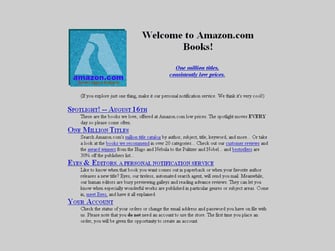
Founder Jeff Bezos is said to have chosen books from his list of 20 products he thought would sell online, because they were the lowest-cost and most universally-demanded. And sure, Amazon still sells books — and a lot more. The amount of growth it has witnessed in the two decades since its incorporation is beyond impressive.
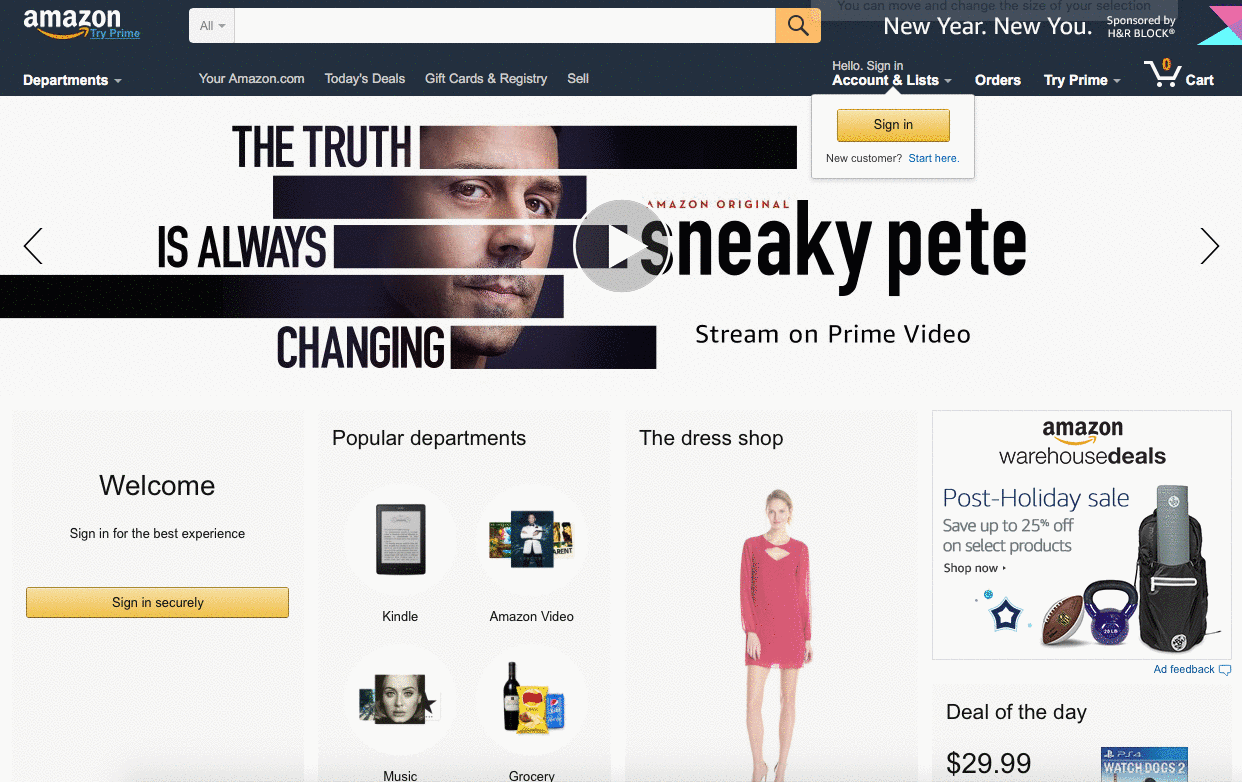
- Current model:
- “Amazon is guided by four principles: customer obsession rather than competitor focus, passion for invention, commitment to operational excellence, and long-term thinking.“
- It sells much more than just books — it’s now a full ecommerce operation.
- In addition to online shopping, Amazon now produces and offers, among many other things:
- The Amazon Echo, a digital personal assistant and smart home device.
- The Kindle E-reader.
- Original entertainment programing.
- Streaming media tools and devices.
- Music downloads.
- Grocery delivery.
2) Netflix
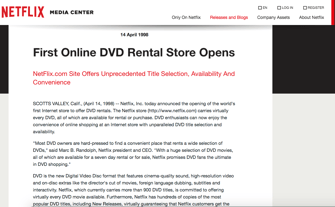
When Reed Hastings and Marc Randolph co-founded Netflix, the intention was clear — they wanted to create an easy way for people to rent and return movies, without having to drive to the now-extinct video store. Now, things look a little different.
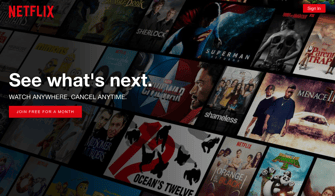
- Current model:
- Offers original and syndicated programming via streaming technology.
- Content is personalized, with algorithms designed to make recommendations based on viewing behavior and history.
- DVD rentals are still available, but only through DVD.com, owned by Netflix.
3) Facebook
- Founded: 2004 (as Thefacebook)
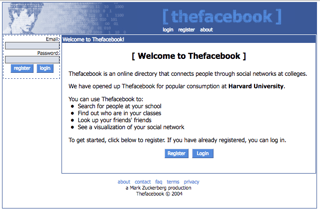
There have been many pop cultural references to Facebook since its 2004 launch. But on the surface, founder Mark Zuckerberg’s intentions were fairly clear — to allow students at Harvard to connect online. Eventually, the network expanded to most U.S. colleges and universities, until it was announced…

COMMENTS